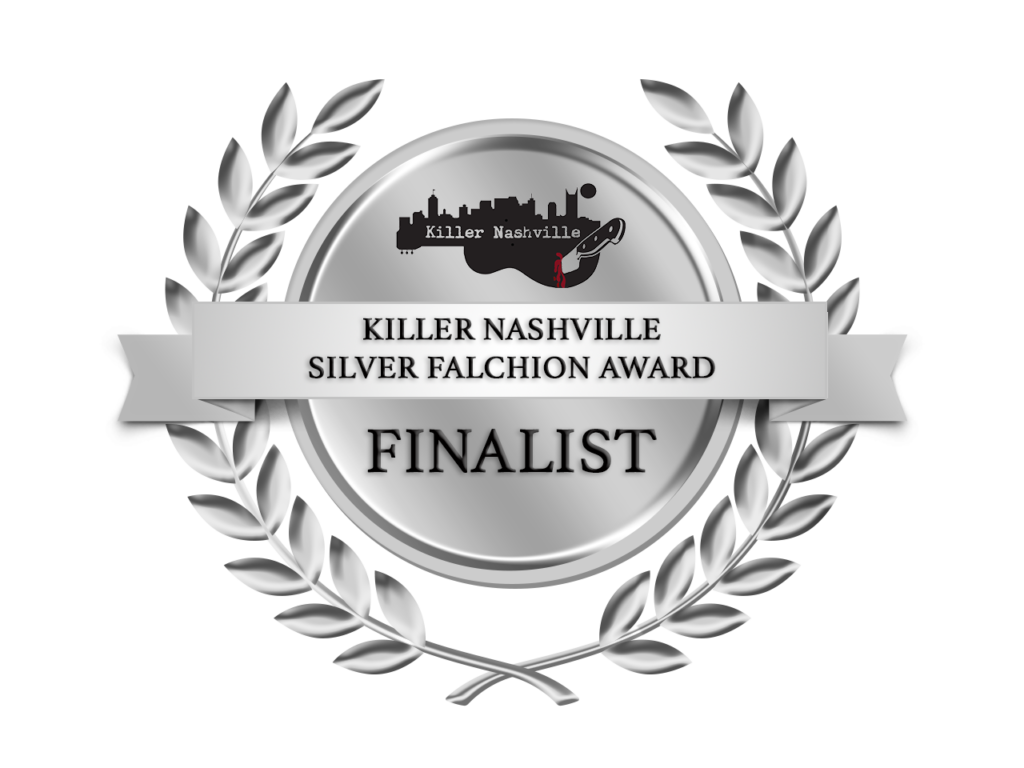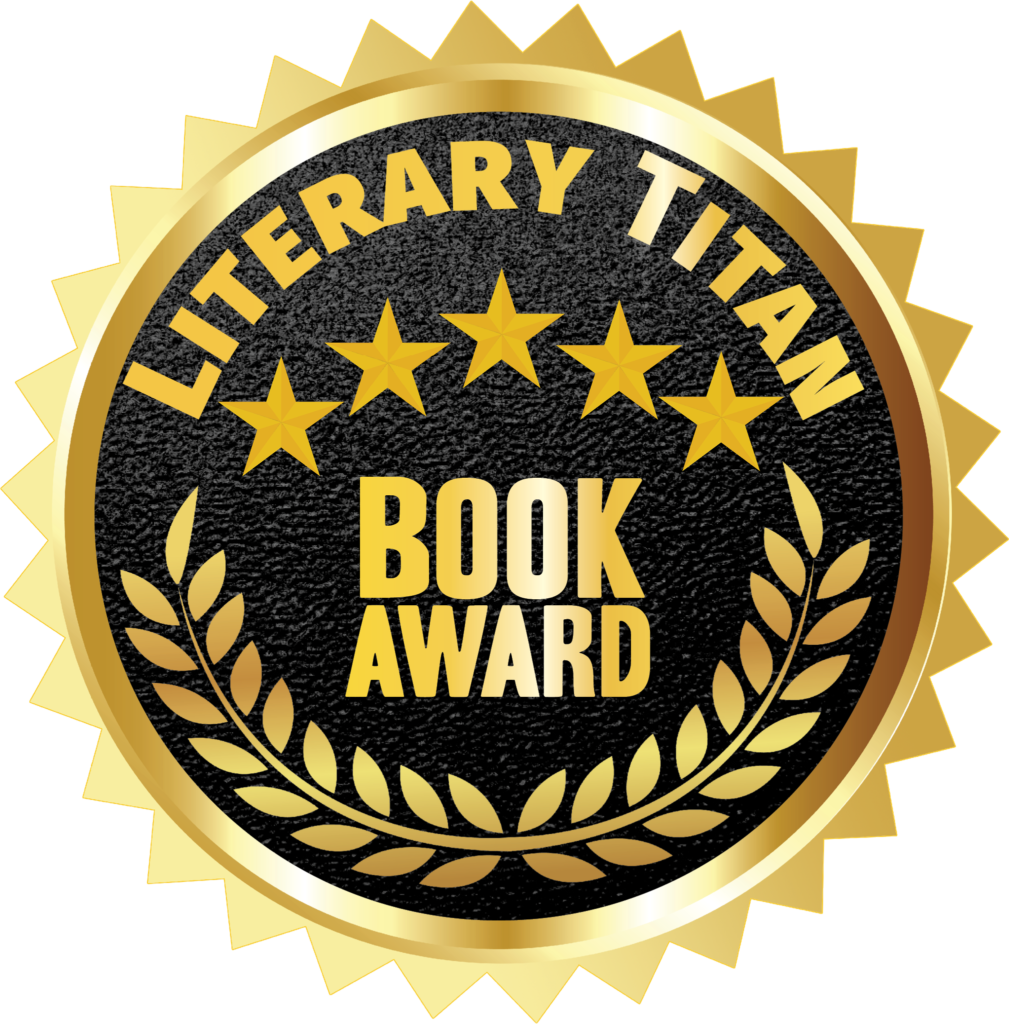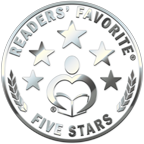This week, instead of one of the characters taking over my blog, one of my author friends has the honor! Saffron Amatti is a wonderful friend and Instagram inspiration (you may have heard me talk about her IG challenges like “SaffronSaysWrite” and the Topsy Turvy adventures), and she writes awesome historical cozy mysteries (with a paranormal twist!). We had a lot to say, so I’ll send you right in to the interview:
Hello Saffron! Would you introduce yourself? 🙂
Hello! My name is Saffron, and I spend far too long thinking about how to murder people and almost get away with it. Sometimes, I even write it down. I live in a village a few miles outside Nottingham, UK, drink far too much tea, and have an unhealthy obsession with incense and cats.
How did you come to writing?
Firstly, pretty late. A lot of people say they’ve been writing since they were children, which is fantastic, but that wasn’t my path. In fact, I couldn’t stand creative writing throughout school, could never get the hang of imaginary friends or playing imagination games, and though I liked the idea of being an author, I didn’t think I had any stories to tell. Also, I remember thinking that actually getting a book published was too hard–how I knew this aged nine, I don’t know… but it turns out I wasn’t wrong!
Anyway, it wasn’t until my mid-twenties that I “got” a story I wanted to write–or, more specifically, thought of a story I wanted to read, but it was so ridiculous I didn’t think anyone else would have written it. I figured that if I wanted to find out what happened, I’d have to write it to find out! But, then there was another couple of years of no stories, until I thought of a psychic detective and thought he might be fun to play with, and I haven’t stopped writing since 😊
What’s your favorite story or character you’ve written?
Oh, that’s a tough question! Really tough. Each story has its place in my heart for a different reason–for example, The Problem With Dead People because it was my first Lucas book, Sins of the Father because it ended up somewhere completely different to where I planned and I love that, Grave Secrets because I think it’s the best thing I’ve written so far–and each of my characters are special, too. Lucas is a grouch and a grump, but he’s a sweetheart underneath it all, Clara has so much energy, she really drives the stories forward, and Tommy… Well, Tommy is a law unto himself. I never quite know what he’s going to do or say, but I have a lot of fun finding out!
You write wonderful historical mysteries; how did you choose your era?
Aw, thank you! At first, I actually didn’t want to choose the 1920s, thinking it had been overdone for mysteries. I toyed with the 1950s, flirted with the Victorian era, mused over Tudor England, and even debated the 1980s. But I landed back in the 1920s simply because I love it. I love the fashions, the technology (or relative lack thereof), and it was an interesting era socially, too. It was just after WW1, and the country was recovering from that, dealing with its losses, and getting back to a “new normal”. Speaking of WW1, I set my books in 1928 specifically so my psychic sleuth Lucas would be too young to have seen action in the trenches (a truly awful experience for anyone, but can you imagine what extra torment that’d be for someone who can see ghosts?!), and if the series gets as far as WW2, he’ll be a conscientious objector, for sure. But basically, my era choice had a lot of thought put into it, even though it feels quite “typical” to have a British murder mystery set in the 1920s!
What are the joys of historical writing?
I’m a huge history nerd, so I love researching and finding out new things (for example, I didn’t know that, before 1918, in England children left school age 12. So, my boys would have been school leavers at 12 years old, but Clara, who is a little younger, would’ve left aged 14). There’s also the joy of not have to think about things like DNA or CCTV or smartphone tracking etc when it comes to putting mysteries together. People can just disappear so much more easily in the 1920s, and evidence more easily faked, that sort of thing. I also write normal characters, working normal jobs and with normal, everyday struggles, which gives me an excuse to read up on the parts of history I really love. Don’t get me wrong, I love a good, glamorous Country House murder, but that wasn’t exactly the common experience!
And what are its challenges? 🙂
Making sure you don’t accidentally use slang or references that are too modern, is a challenge for sure, as is knowing when things we think of as commonplace were invented and who would have used them. For example, whilst electric toasters were invented at the end of the Victorian era, the National Grid wasn’t in place until the 30s. Even then, many houses didn’t have electricity at all – especially outside towns and cities. Which means whilst it’s theoretically possible Lucas would have an electric toaster, living in a small village in rural England and not rolling in cash, he almost certainly wouldn’t have had the electricity to use it.
Keeping the language era-accurate whilst remaining easily understood by a modern reader is something I’m also always conscious of. Language changes over time, certain words have changed meaning, and I definitely avoid some of the era-accurate attitudes that are thankfully no longer considered acceptable by most people (racism, misogyny, that sort of thing). Whilst I don’t want to pretend that sort of thing didn’t exist, as it most certainly did, I think it can be needlessly distracting and only include it if it’s important to a story. This probably makes my characters too “modern”, but I read a lot of books written in the 20s/30s and some of the attitudes are shocking and jerk me out of the story – particularly with how casual and commonplace it was. My books are purely for entertainment, not social commentary. There are plenty of wonderful fiction and non-fiction books doing that already. I want people to be immersed in my stories, and if that means being less historically accurate, so be it. There’s plenty of the old books with old attitudes out there to show how bad it was and how much has changed. My stories don’t need to dwell on it too.
Some of the research topics can definitely be challenging, particularly military history, which has always made me sad and angry. So much of it is men and boys dying just because their country made stupid decisions, whether that’s through expansionist motivations or because those in power chose wholesale murder over diplomacy.
This goes double for the trench warfare of WW1, which was a blood-soaked, muddy, disease-ridden, traumatising hell that the Government systematically suppressed the true horror of and continuously fed the British public lies – sorry, propaganda to ensure a steady stream of new recruits. (Told you it made me angry! Trust me, that’s the extremely brief version of my feelings on this subject…)
However, you can’t write in the 1920s without mentioning the War, especially not when you have a character who saw action up close and personal, so I bought a kids history book–Terrible Trenches by Terry Deary, in case anyone is wondering–thinking it might make the research slightly less awful.
It did not.
But, it was useful, and focused on the soldiers’ experiences rather than battle details and whatnot, which is what I needed. Certainly not my favourite thing to read up on, though.
Not ranting about the things I feel strongly about is also a challenge, as you can probably guess!
In your opinion, what’s the best thing about books?
How they can transport you to a completely different time and place, or even world sometime. You get to experience a different life you could never dream of, and you can also share that experience with other people. It’s a good thing.
What are you working on right now?
I’m editing the fourth book in the series, which is called The Ghost Who Wasn’t Dead, and writing the first draft of book five, which currently doesn’t have a title.
Any final thoughts? And where can we find you?
Thank you so much for having me on your blog! It’s been a lot of fun. 😊
To find me, www.saffron-amatti.co.uk is the best place to go. There’s more information about all of my books, plus a blog with pieces of my writing, and behind the scenes stuff, and more details about characters and settings and whatnot–oh, and there will shortly be some interviews with some of my author buddies, which is going to be a lot of fun. You can also sign up for my monthly author newsletter on my website, too. I also like to hang out on Instagram, where you can find me @saffron.amatt. All my books are available on Amazon, but I’m hoping to get them onto other platforms early 2023 too.






September 25, 2022 at 7:36 am
An exceptional interview! I am a fan of Saffron’s series already, but it was nice to learn more about her and her process in this post. Well done!
September 27, 2022 at 1:32 pm
Thank you! It was a fun interview to do! 💗